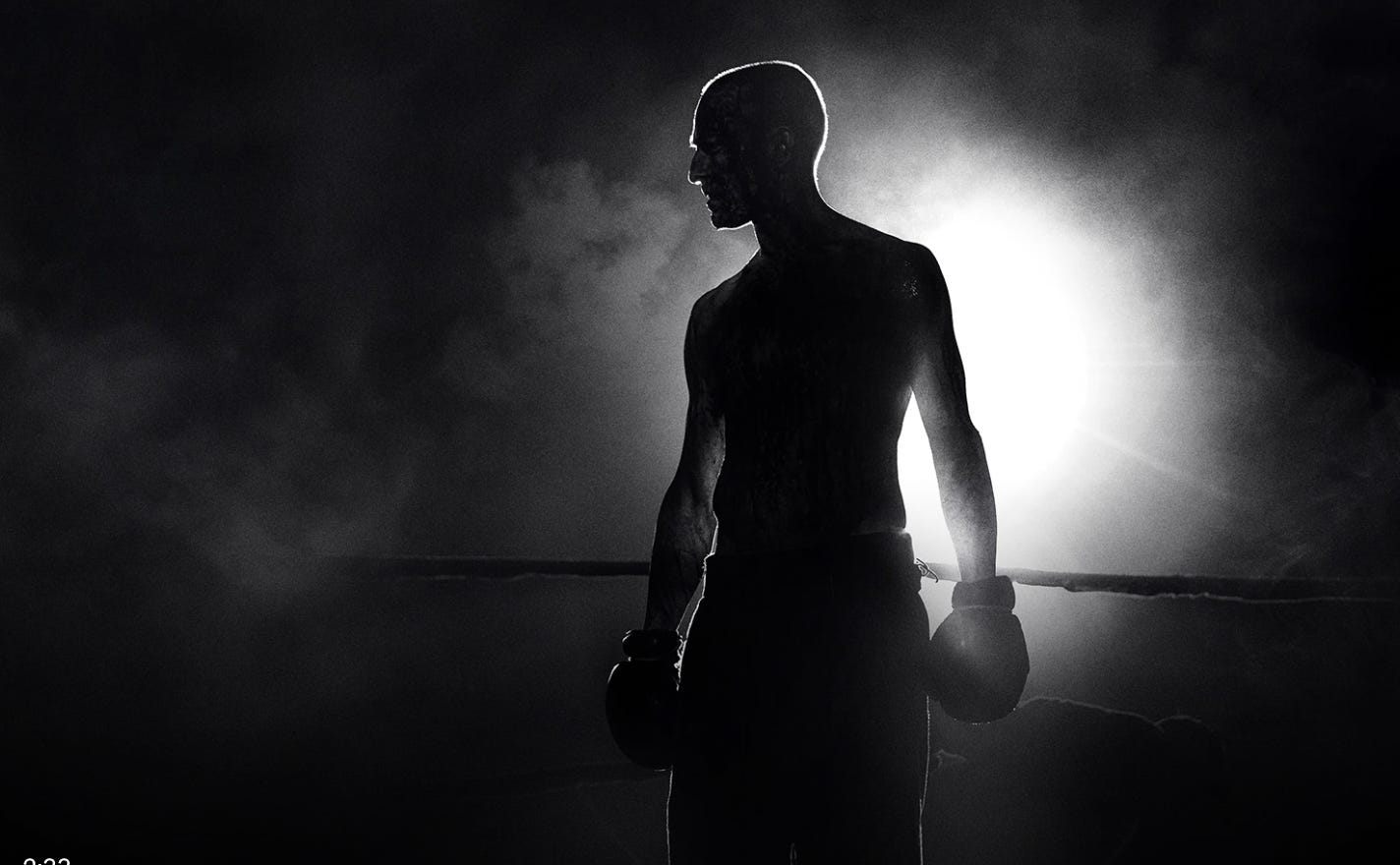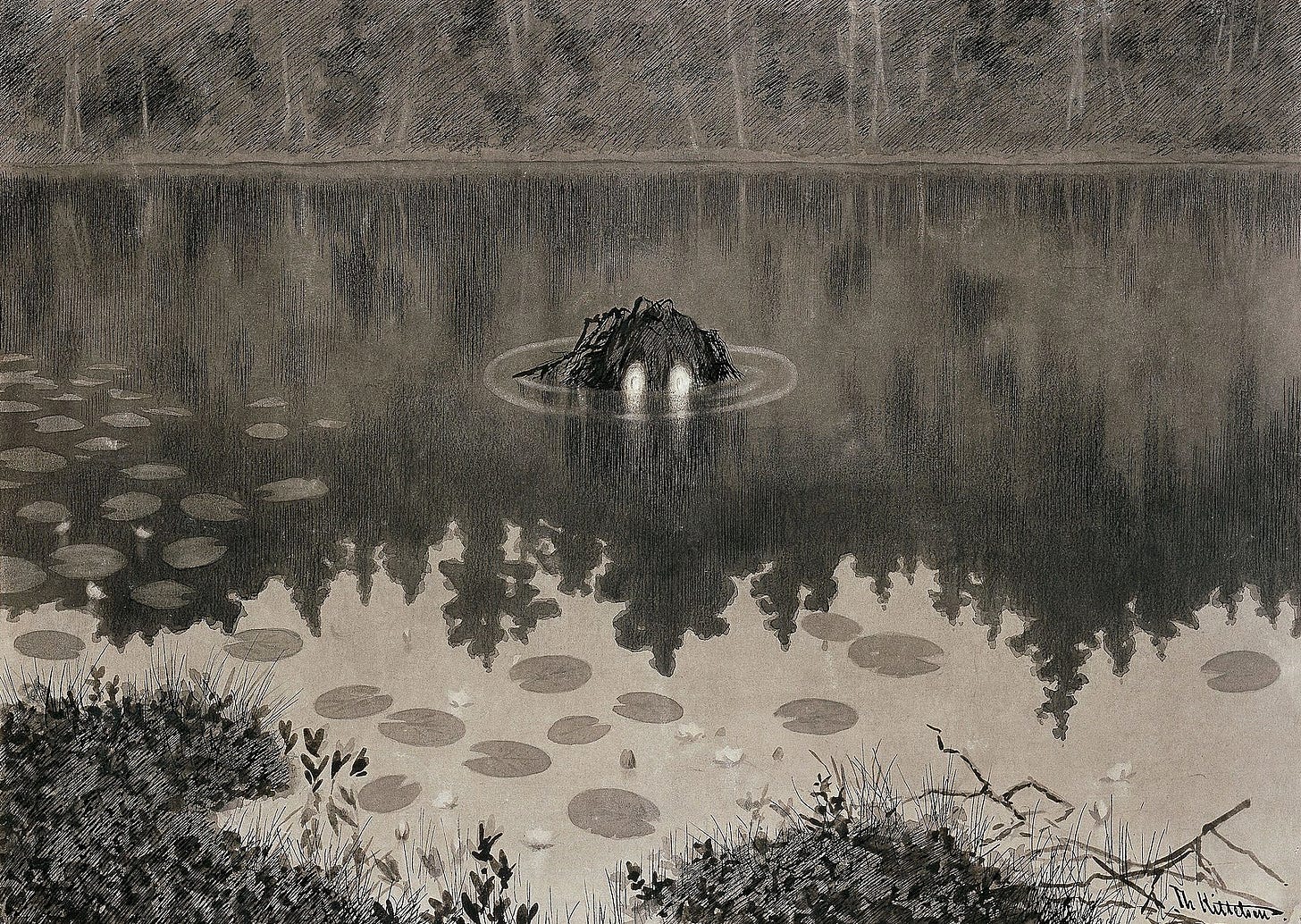The Stories We Don't Tell
“Monsters exist, but they are too few in number to be truly dangerous. More dangerous are the common men, the functionaries ready to believe and to act without asking questions.”― Primo Levi
I met Matti Leshem through the board chair of Reboot while we were coursing around Los Angeles forming an idea for a media studio (in process). Matti is a film producer who had just sold a movie to HBO called The Survivor, a Barry Levinson produced feature starring Ben Foster, Danny DeVito, and Peter Sarsgaard (what is he NOT in these days), telling the story, from the annals of The Shoah Foundation, of a concentration camp prisoner who is forced to literally fight for his life in a boxing match that the Nazi’s staged for fun during World War II. Jew against Jew, the loser killed in the ring immediately after the final bell is rung. Fight after fight.
The Survivor premiers on HBO tonight, which also happens to be Yom HaShoah, the Holocaust Remembrance Day. I find it pretty incredible that a mega-company like HBO was thoughtful enough to mark this day of importance with the release of this tough but incredible film (Matti had a lot to do with it).
What sets The Survivor apart from most films of the “Holocaust genre” is that it deals with a core issue around what happens when one is stripped of everything, has everything taken away brutally, evilly: how does that come into collision with an individual’s sense of morality and ethics. The great writer (and survivor) Primo Levi meditated on this subject often in his work, delving into his experiences in the Holocaust where in order to survive people were forced to do the darkest of acts. There is a reason many survivors of incredibly horrible experiences are reluctant to tell their stories because there are aspects that feel shameful, that seem best forgotten, even though it is those stories in particular that we can learn from. Primo Levi was able to tell them, but he could not escape them, taking his own life in 1987 at 67.
The Survivor is definitely a Holocaust tale, but its story—the themes it carries—are unfortunately universal to so many whose lives are faced with the darkness, the bleakness, of their situation. And on a day like Yom HaShoah, it is important to remember the Holocaust as well as to think about the millions of people around the world who are fighting for their lives while facing unimaginable hardship.
Ben Foster, who also played an amazing role in the 2018 film Leave No Trace (which I released the soundtrack to) about a person forever changed by horrible experience (of a different war), is incredible as Harry Haft, the survivor of the film…and Barry Levinson again shows how he is one of the great directors of his age.
Today, to mark this day of remembrance and the premier of the film, thanks to Matti Leshem for making it happen, Reboot, in partnership with The Shoah Foundation, will be hosting an interview with Levinson, Foster and Leshem by a young journalist Sami Sage at 5pm PST (8pm EST). I am one of the introducers of the event, and I welcome all of you to attend (you can find find out all information on Reboot’s homepage).
Never forget, strive not to repeat.
One Fan’s Search for Seeds of Greatness in Bob Dylan’s Hometown
“Dylan has said that people can be born in the wrong place with the wrong name and the wrong parents, but in recent years he’s acknowledged that his Iron Range roots and upbringing have had an immeasurable impact on his life…Whether they like it or not, everyone born in this town who has stayed the course is now a descendant of Bob Dylan, with or without a saliva test.”
Homage to Joseph Johnson, the radical 18th-century publisher
These are the kind of people who are so often forgotten about in history. But back in the day, Johnson was a rock star to the highest order publishing the great romantic writers of his day (a great niche to be sure) including today’s birthday celebrant Mary Wollstonecraft: “Thanks to his talent-spotting genius, works by Wordsworth, Coleridge, Mary Wollstonecraft and other free-thinkers were first made widely available”
Part of San Antonio's Tejano history to be enshrined at Smithsonian museum
This permanent exhibit looks incredible AND I really hope there is a focus on the incredible music scene that was a part of this history including the work of Al Gomez Jr. (and his father) and the West Side Horns, Flaco Jimenez, Rocky Morales, etc. They are some of the true tejano artistic heroes.
A compelling interview with this cutting-edge artist: “Inspired by young adult books such as Mildred D. Taylor’s Roll of Thunder, Hear My Cry, as well as classics from the likes of Audrey Lorde and Toni Morrison, and John Grisham’s and James Patterson’s thrillers, there’s a sense of ruggedness that permeates (Kim) Dacres’s work—a haunting take on race, gender, and the pressures with which marginalized communities far too often grapple. Her use of found materials makes perfect sense”
Tomi Ungerer and the Art of Provocation
At an 826 event last night celebrating 20 years of the incredible organization my wife helped to start, host and illustrator Lisa Brown and I had a moment where we realized we both loved the work of Tomi Ungerer. It turns out she had recently (ish) written a piece about Ungerer, talking about how the darkness in his children’s tales led to some critics dismissing his work. His happens to ALSO be a story that fits with today’s theme of remembrance, by chance. Or not. A great read.
Sanctuary
BY JEAN VALENTINE
People pray to each other. The way I say 'you' to someone else,
respectfully, intimately, desperately. The way someone says
'you' to me, hopefully, expectantly, intensely ...
—Huub Oosterhuis
You who I don't know I don't know how to talk to you
—What is it like for you there?
Here ... well, wanting solitude; and talk; friendship—
The uses of solitude. To imagine; to hear.
Learning braille. To imagine other solitudes.
But they will not be mine;
to wait, in the quiet; not to scatter the voices—
What are you afraid of?
What will happen. All this leaving. And meetings, yes. But death.
What happens when you die?
"... not scatter the voices,"
Drown out. Not make a house, out of my own words. To be quiet in
another throat; other eyes; listen for what it is like there. What
word. What silence. Allowing. Uncertain: to drift, in the
restlessness ... Repose. To run like water—
What is it like there, right now?
Listen: the crowding of the street; the room. Everyone hunches in
against the crowding; holding their breath: against dread.
What do you dread?
What happens when you die?
What do you dread, in this room, now?
Not listening. Now. Not watching. Safe inside my own skin.
To die, not having listened. Not having asked ... To have scattered
life.
Yes I know: the thread you have to keep finding, over again, to
follow it back to life; I know. Impossible, sometimes.










